By: Sam Potter (BSc(Hons), MPhilVSc (Equine Nutrition)
Horses who are often overweight are likely to be at higher risk of health complications, including Insulin Resistance or Deregulation, and Laminitis among others. Keeping your horse at a healthy weight level is an essential step to long term health and wellbeing.
Here are our top tips for achieving weight loss in 'easy keeping' horses.
1. Restrict pasture access by limiting grazing time.

Keep in mind this may not be sufficient as some horses (mainly ponies) will just increase their rate of pasture intake when given access to pasture for a shorter period. Be sure to feed your horse lower quality forage when they are not allowed out to graze, so they always have access to forage to chew.
2. Provide less rich forage.
Restrict access to good quality pasture or hay and gradually replace with lower quality forages.
Note: forage should still be dry and clean! By lower quality we mean less rich and lower sugar levels.
If lower quality hay is hard to find, try substituting up to 50% of a good quality pasture or hay with straw to lower the energy density of forage within a diet. As with any dietary change, this should be done gradually over 10-14 days, to prevent the risk of colic. And you MUST make sure straw is fed within a properly balanced diet!
3. Use a grazing muzzle.
A grazing muzzle can restrict pasture intake by as much as 80%. Plus they allow your horse to stay in thet field, where they can continue social interaction with paddock mates, and have invaluable free exercise.
4. Reduce or remove additional energy sources from the horse's diet.
This means avoiding 'complete' feeds, high fat products, additional grains, and highly digestible fibres like beet pulp.
Still not seeing weight loss in your horse?
Gradually restrict hay.

Eliminate pasture access and gradually restrict the amount of low quality hay provided.
Start by feeding 2% of current body weight for the first week,1.75% of current body weight for the second week and 1.5% current body weight thereafter until desired weight loss is achieved.
Hay should be divided into 3-4 feedings per day, and use of slow feeders is strongly recommended to eliminate long periods of time without hay.
5. Introduce or increase exercise regime.

At least 30 minutes of trotting, 5 days per week, is a reasonable aim. Exercise should also help to maintain or improve insulin sensitivity.
Note: this is only recommended if your horse does not have existing injuries or is suffering from active laminitis.
6. Be sure to provide adequate vitamins and minerals.
Use a small quantity of lucerne chaff and add Digestive VM to meet protein, mineral and vitamin requirements.
7. A note from the Poseidon Team: This is a great time to try our MetaboLize supplement.
MetaboLize® has been clinically shown to quickly improve horses mobility, and reduce fatty lumps and cresty necks. By helping support the horse's body to effectively metabolise sugar, MetaboLize® is a useful aid for horses who need to lose weight. You can learn more here.














